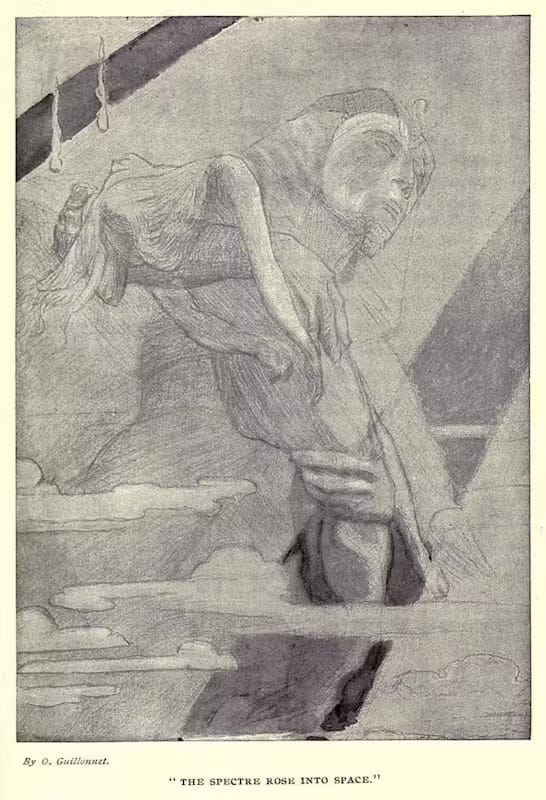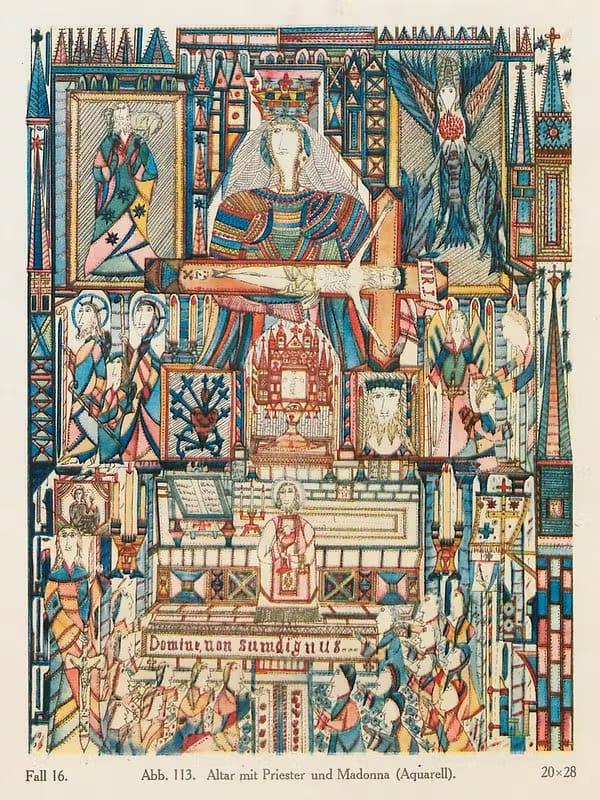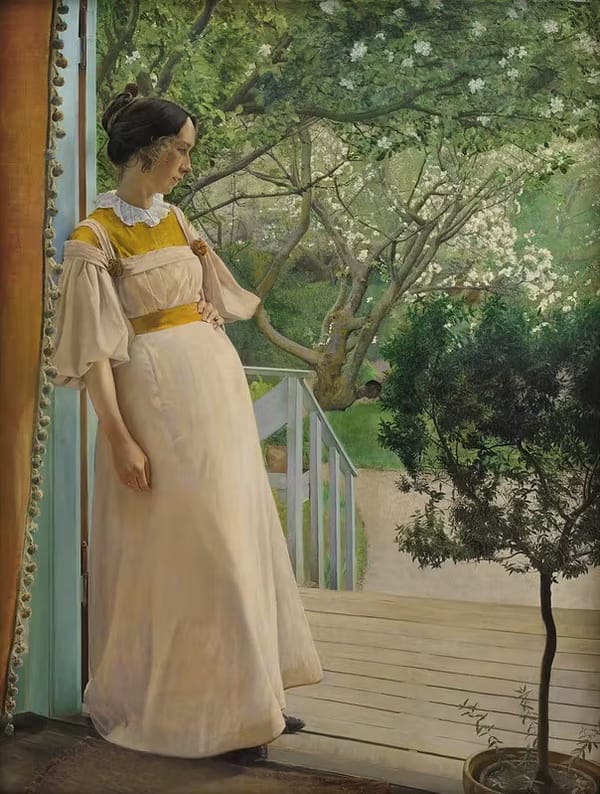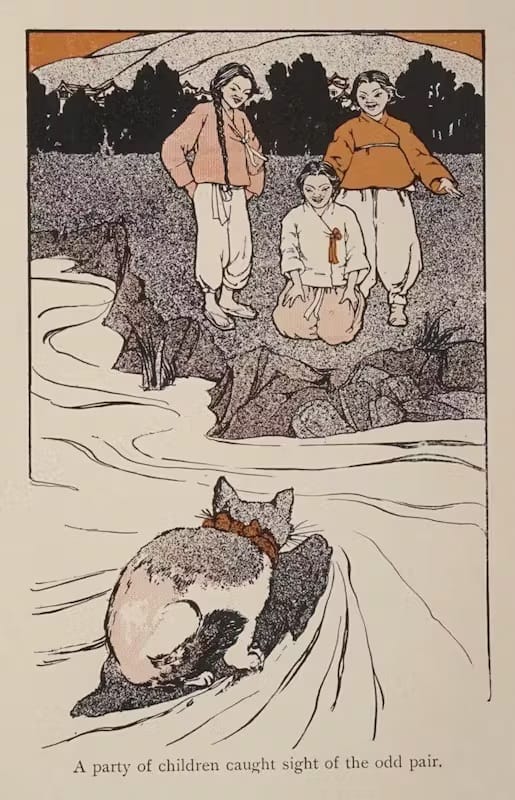Is There an Opposite to Causa Sui?
The modern is the perfect translator between their parent and their child, since they have a foot in each context.
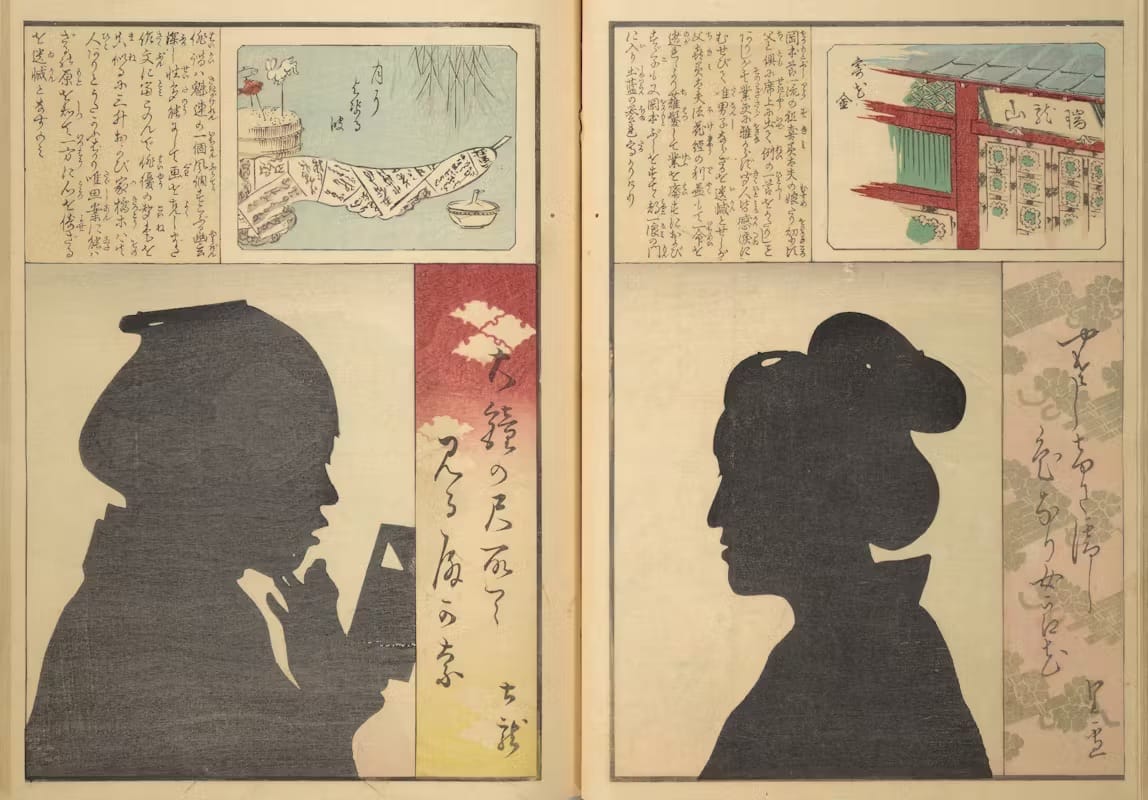
Ernst Becker's denial of death is built around a single point of argument: the immortality project, or that all fears are just derivatives of a fear of death.
You don't have a fear of spiders, you have a fear of being bitten by a spider and then dying. You don't have a fear of the dark, you have a fear of what's in the dark that's going to kill you, etc. etc.
I got to thinking while I was in the shower: How could we conceive of an opposite of the immortality project? Does something like that even exist? The immortality project seems relatively all-encompassing, stating that anything you do is as a response to this fear - this ultimate fear of not existence.
This ultimate fear of death – whether it's something hedonic like driving around with your car at 90 miles per hour because you think you're going to live forever while getting drunk, or donating all your money to a charity after you get super rich in industry both stem from the same place.
So I started thinking: Okay, well, as far as anyone can really ever be concerned, the only way to confirm our living is through continuity. You can self-verify that you exist by virtue of your own existence, and at a certain discrete point in time you start being able to confirm that existence (which is your birth) and at a certain discrete point you stop being able to confirm that existence (which is your death). This, rightly so, causes a panic of sorts.
As such, everyone at some point in their life starts to think about legacy and what they want to be remembered for when their ability to self confirm their existence stops.
In other words, my argument here is that we all come up with some kind of legacy that we can leave behind us that other people can then use to verify that we did indeed exist at one point in time. This is because we lose the ability to confirm our existence ourselves.
I don't think of legacy here necessarily being just the modern interpretation of it - i.e., doing something heroic and big and having your name plastered in statues set up everywhere. I even mean limited legacy in, let's say, a murder mystery case when cops use your dental records to find out that that corpse belongs to you.
So, I guess at minimum we all do leave a legacy behind, even if that legacy is just our very bones and the structure of atoms that those bones took up when they were covered in musculature and had vocal cords and an active pair of lungs.
But then we get into the bigger, more esoteric forms of legacy, and I think we can start talking more interestingly about the ontology of ideas and concepts.
There is a fictional myth of the guy who created dynamite, Alfred Nobel, reading a obituary that was meant for his brother but it caused him to change the course of his life. (I watched a video on that where they kind of debunked that, but the purpose actually still stands for this case that we're talking about here.) I actually have an anecdotal (and true) story that has a very similar premise.
When I was in college, I was in a fraternity, and in my fraternity, we had a list of events to become a full brother while you were pledging. At one of these events, my big brother handed me this composition notebook with years and years of our lineage. Every brother had left a paragraph, and the idea was that we were supposed to pass it down, add in our own, and so on. This was really nice and really special, and I didn't really think too much of it at the time because I thought, "Okay, well I'll pass this down to my little brother when I get the chance."
However, I didn't get my little brother for a year and a half after I joined the fraternity, and by the time that that same event rolled around where I was supposed to pass down something to him, I had nothing to give him because I realized I lost the fucking thing months ago. So instead I told him, "You are joining the royal ass motherfucking family," and I have a very vivid memory of this because I was scrambling and trying to come up with something that could seem plausible or realistic. This comes into effect a few years later.
I graduated, and as far as anyone was concerned, Bram Adams at the University of Rochester was dead, right? Because he had moved on to become an alumni. It's almost like a transcendence of sorts. Two years later, I came back for an alumni weekend, and my little brother's little brother, so my grand little, had been very successful and almost multiplied the entire size of the family by a factor of three to five because he had himself three or so little brothers. I remember interviewing one of the current college students at the time who was in my lineage, and he said, "Oh yeah, we're the royal ass motherfucking family." I remember just cracking up when he said that because I was like, "Oh my god, there's a thing that I said completely off the cuff that has progressed past me and even though I'm dead in the context of this campus and I'm irrelevant, there's something of me left behind here."
I think this is the reason that we humans spend so much time investing in coming up with these creative words and patterns - whether they come out as songs, pictures, religions, ideas, corporations, or space metals with aluminum foil on them. It's because these things don't really fossilize; they continue to live and thrive and mutate through generations, evolving into different shapes and forms.
Aristotle's Nicomachean Ethics describes a life of contemplation as the highest form of virtue that a human can attain.
When I think of the life of contemplation, I think of someone who basically communes with ideas from their predecessors and then reshapes them so that they can be consumed by their descendants.
The modern is the perfect translator between their parent and their child, since they have a foot in each context.
What's really interesting about that notion of the Vita contemplativa is that we can basically set ourselves up in a way where we can, if we want, to not be afraid of death in this instance. Instead, we can choose to be grateful for our experience to consume and produce ideas out into the universe that we know will never "die" because they never really were "alive" in the first place. When they leave our lips and enter somebody else's ears, they become confirmed by someone else and they can spread and spread and spread throughout the universe.
That's a pretty interesting thing.

